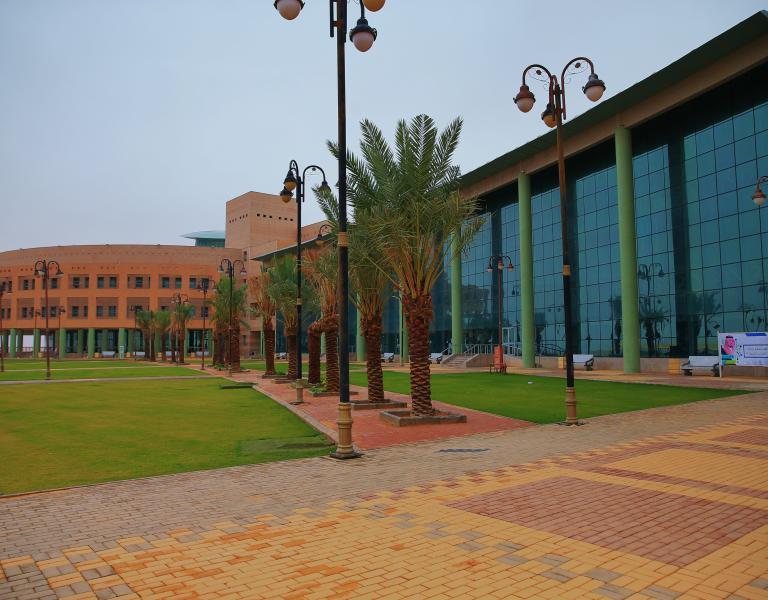Organizational Link:
The Permanent Documents Unit operates under the supervision of the Center Director.
General Objective:
The Permanent Documents Unit manages documents that have reached their final stage of life (permanent) in accordance with the Documents and Archives System, including its executive regulations, classification plan, rules, procedures, and approved subject heading lists.
Tasks:
1. Supervise affiliated departments to ensure compliance with guidelines for receiving and managing documents from various Authority departments and branches.
2. Manage the setup of permanent storage areas, including installing necessary shelves, cabinets, and safety features.
3. Coordinate the preparation and transfer of permanently preserved documents to the National Center for Documents and Archives upon completion of their preservation period at the center, following approved protocols.
4. Supervise the disposal of documents designated for temporary preservation once their designated preservation period concludes, managing destruction or transfer as needed.
5. Monitor technical coordination efforts for the Permanent Documents Committee, as well as the Evaluation, Destruction, and Transfer Committees.
6. Oversee the distribution of copies of historical documents to relevant departments, sections, and units of the Authority according to approved guidelines.
7. Ensure the prompt return of borrowed documents to their designated storage areas in compliance with established protocols.
8. Facilitate access to and dissemination of documents for external stakeholders following approved procedures.
9. Supervise the transfer of permanently preserved records to the National Center for Documents and Archives.
10. Verify the accuracy, completeness, and validity of data submitted to the National Center for Documents and Archives regarding the Authority's records.
11. Assess the organization's requirements for employees, equipment, and materials.
12. Provide regular reports on the organization's achievements and offer recommendations for improvement.
13. Perform any other assigned tasks within the field of expertise.
